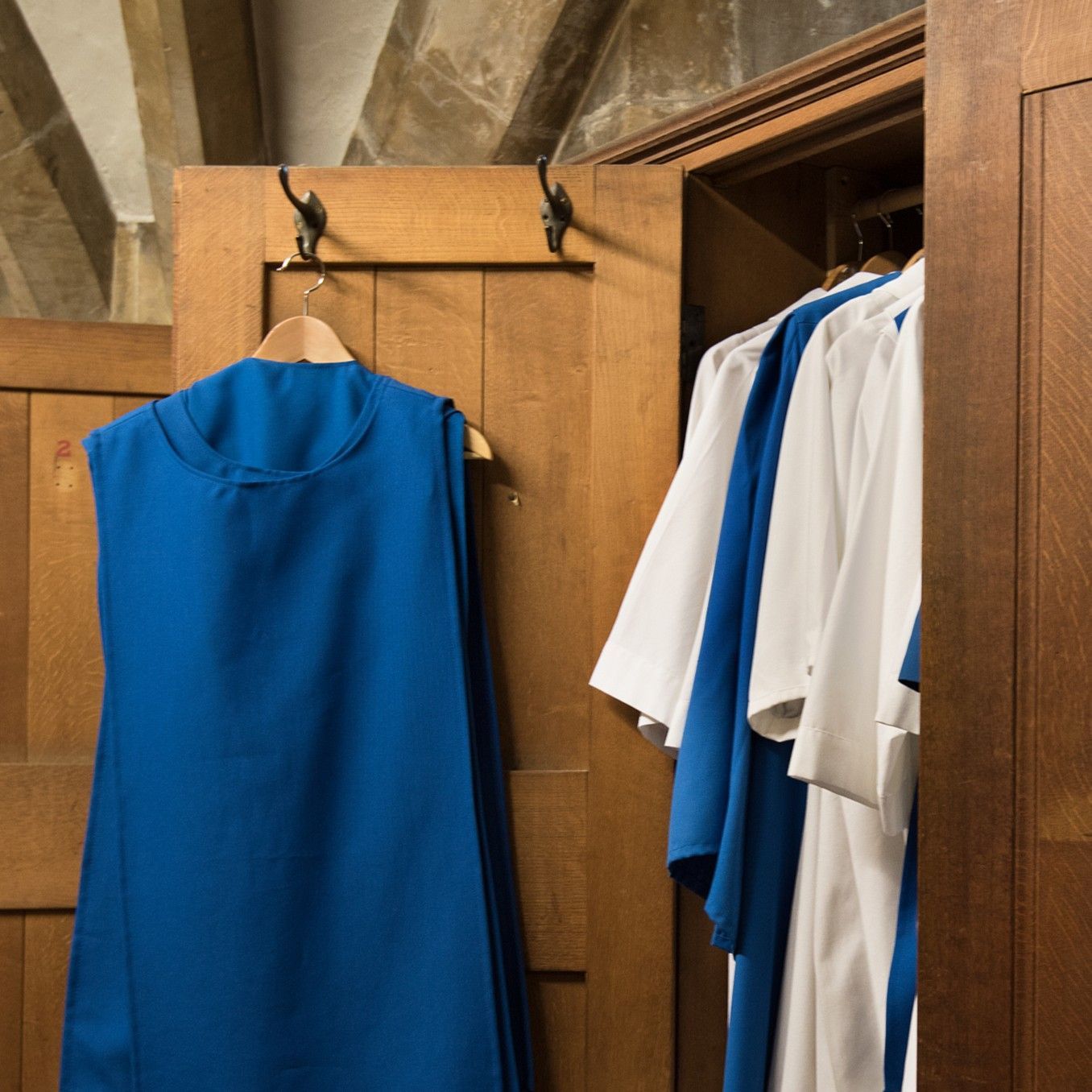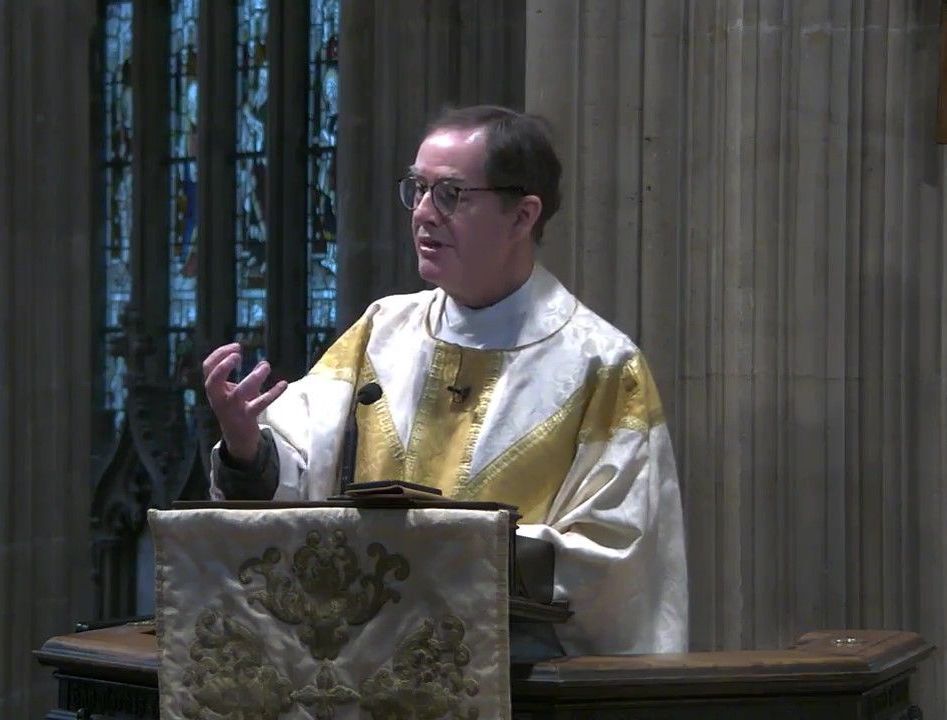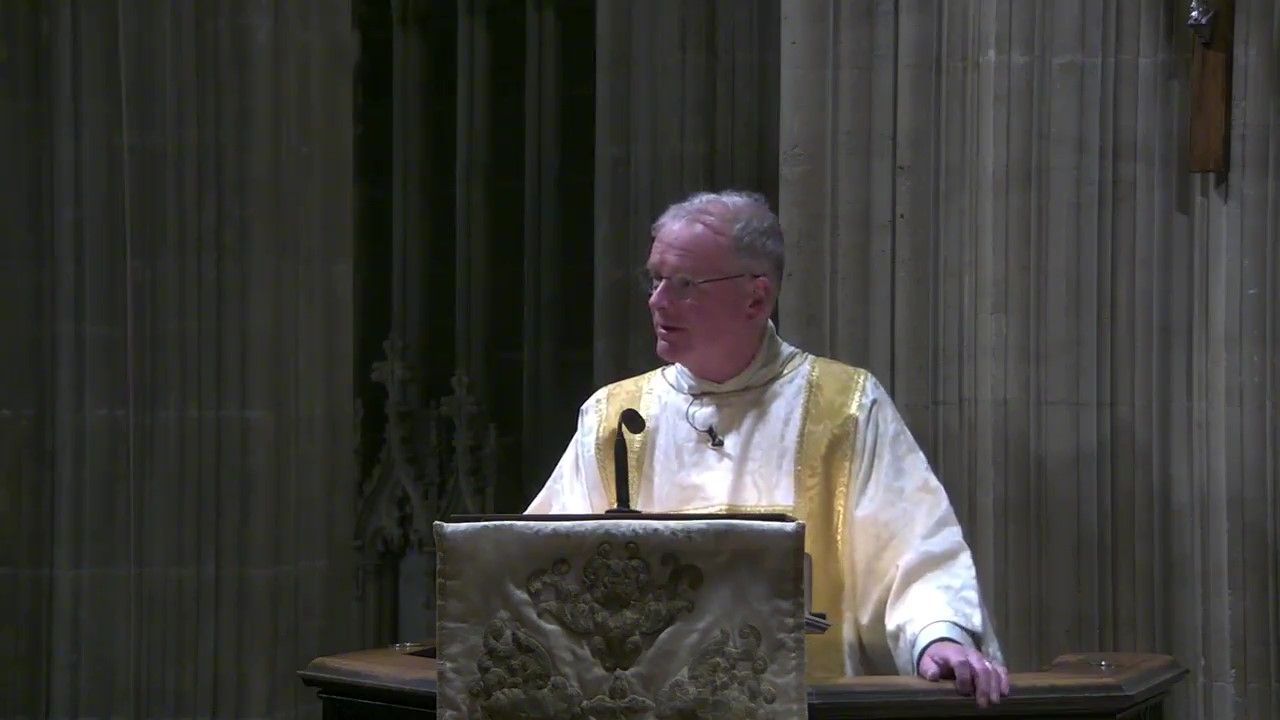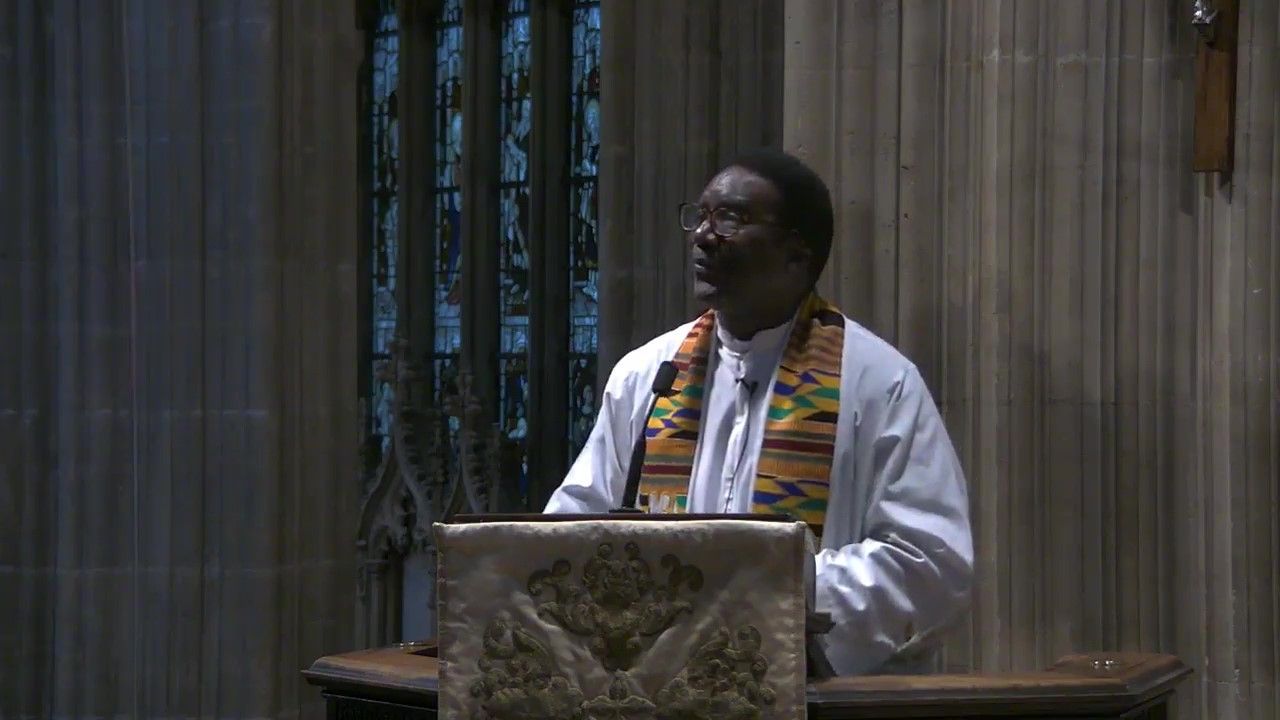Mind the Gap
I don’t know if you found my argument last week about Jesus’ sense of humour convincing or not, but this week and last week have something in common which is worth pointing out.
Let’s start by noting the two bible references that we have for the two gospel readings: one for this coming Sunday and the one for last Sunday:
- last Sunday was Matthew 13.1-9,18-23
- this coming Sunday is Matthew 13.24-30,36-43
The first thing to note is that they follow on from one another. Last Sunday’s text ends with Jesus explaining the Parable of the Sower to his disciples, saying “But as for what was sown on good soil, this is the one who hears the word and understands it, who indeed bears fruit and yields, in one case a hundredfold, in another sixty, and in another thirty.”
And this continues with our reading this coming Sunday with: “Jesus put before them another parable: ‘The kingdom of heaven may be compared to someone who sowed good seed in his field”. This then leads into the Parable of (in old money) The Wheat and the Tares or (in new money) The Weeds in the Wheat.
It’s not clear who the “them” is in this context. Is it the crowd? T
This would make sense as the parables in this chapter of Matthew’s gospel are clearly told to the crowd (Parable of The Sower, of the Mustard Seed, of the Yeast, of the Treasure in the field, of the Pearl). However, the ending of last Sunday’s text is Jesus speaking privately with the disciples. We know this because (and this is where the common element between the two readings emerges) of the missing sections!
Last week verses 10-17 were left out.
This week we are not hearing verses 31-35.
As many of you know, it’s not my decision to miss out these few verses. We follow the national church Lectionary, a word defined as “a book or a list of lections for reading in a divine service”, which doesn’t help much in understanding why certain passages are read and why certain parts are missed out.
For most people it’s enough to know that we are following the same list of readings as many other churches, both Anglican and other denominations, and that this is one of the ways we express the truth that we are one body across many divides as we read the same scripture in worship at the same time.
But this doesn’t help us with the commonality between last Sunday’s missing section (which is significant) and this Sunday’s (which is more inconsequential).
This Sunday the missing section has Jesus giving three other short parables to the crowd. We know they are to the crowd because it says so in verse 34. And that doesn’t really impact on the context of the second half of this Sunday’s gospel reading which starts “Then Jesus left the crowds and went into the house. And his disciples approached him saying, ‘Explain to us the parable of the weeds of the field’.”
Given the fact that Jesus, just 8 verses earlier, had to explain the parable to the Sower, you might forgive Jesus for feeling a little despondent with this best friends … but that’s for another day!
The significant thing is that last week’s gospel reading left us thinking that Jesus told the parable of the Sower and its explanation to the whole crowd – but he didn’t. In the missing section we read (from verse 10) Jesus tells his disciples “To you it has been given to know the secrets of the kingdom of heaven, but to them it has not been given”.
My point?
There’s been a lot of chat about Chat GTP, Open AI and other artificial intelligence this week all of which will add to the fake news, conspiracy theories and disinformation that circulate and permeate our public and personal news feeds. Learning to read between the lines and to see what is not there, to mind the gap, is necessary now more than ever and is a skill we would do well to bring to our bible study as to our news reading.
Dan Tyndall
21 July 2023





